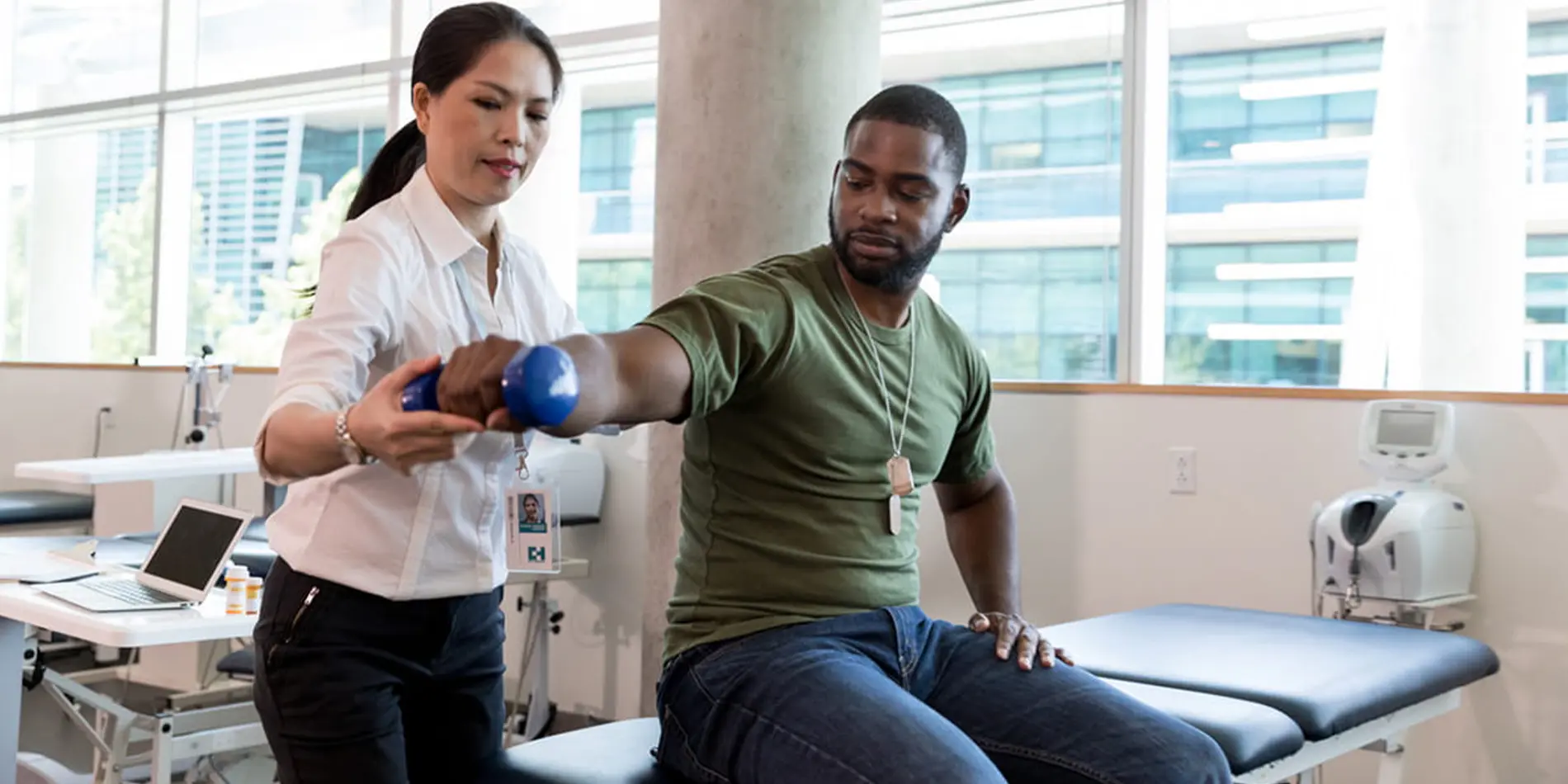Enhancing Efficiency and Reducing Harm Risk through Thorough Assessment of Equilibrium and Stability via Practical Movement Assessment.
Enhancing Efficiency and Reducing Harm Risk through Thorough Assessment of Equilibrium and Stability via Practical Movement Assessment.
Blog Article
Equilibrium and stability are crucial elements of bodily fitness and overall health. They serve a vital role in everyday activities, athletic performance, and injury prevention. When an person has good balance and stability, they are less prone to fall or incur damages during physical activities. One efficient way to assess these attributes is through Practical Motion Assessment (FMS). FMS is a method used to evaluate motion styles and recognize discrepancies or deficiencies that could result to injuries.
Functional Movement Screening includes a sequence of particular tests that assess how effectively a individual functions. The tests focus on fundamental actions such as squat, lunge, and bending. By watching these movements, coaches and medical experts can identify areas where an individual may struggle. For instance, if someone has difficulty maintaining balance while performing a squat, it may indicate a need for specific exercises to improve strength and coordination. This assessment not only detects deficiencies but also helps to track progress over time.
In addition to identifying areas for improvement, FMS serves a crucial part in avoiding injuries. Many injuries occur as a result of poor movement mechanics, which can be identified through functional assessments. By addressing these issues early on, individuals can reduce their risk of harm during athletic or other bodily exercises. For example, a runner more information who demonstrates an discrepancy in their stride may be more susceptible to leg harm. By correcting these imbalances through specific exercise programs, the chance of harm can be significantly decreased.
Additionally, improving performance is another advantage of performing a comprehensive assessment of balance and steadiness. Sportspeople and engaged individuals often seek to enhance their capability in particular sports or tasks. A comprehensive understanding of their motion patterns allows trainers to develop customized exercise regimens that focus on particular deficiencies. By improving equilibrium and steadiness, sportspeople can improve their total performance, whether it’s running more quickly, leaping higher, or executing exact actions in their sport.
In conclusion, the significance of evaluating balance and stability through Practical Motion Screening cannot be overstated. This thorough assessment serves sports performance therapy as a foundation for enhancing physical fitness, avoiding harm, and enhancing sporting performance. By identifying areas of deficiency and putting into action targeted training approaches, individuals can achieve better results in their bodily activities. Emphasizing balance and steadiness not only results to improved capability but also adds to a healthier, increasingly energetic way of life.